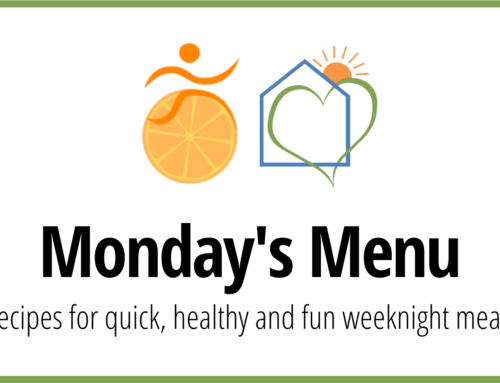Healthy Teen Relationships
Featuring a February 6th community conversation with Kate Rohdenburg of WISE
With Valentine’s Day around the corner, it’s hard not to think about love. From the dinosaur Valentine’s cards exchanged in elementary school to flowers delivered at work, Valentine’s Day can be a sweet day of celebrating love (both romantic and platonic). It’s also a month where we think a lot about relationships. And it’s not always easy. As we celebrate a month of love, it’s important to be aware that relational patterns start young.
Most of us can remember dating – or thinking about dating – as teens. What an exciting and challenging time in our lives! Dating – healthy dating – is important for teens. It’s an opportunity to explore and learn about feelings and one’s impact on others. It’s a change to get away screens and into direct communication with one another. Good relationships can be a source of comfort and confidence. And bad relationships can lead to many levels of discomfort … and even danger.
February is Teen Dating Violence Awareness Month
Dating violence is more common than you may think. Concerning statistics from loveisrespect.org: 1 in 3 U.S. teens will experience physical, sexual, or emotional abuse from someone they’re in a relationship with before becoming adults. And nearly half (43%) of U.S. college women report experiencing violent or abusive dating behaviors. Kate Rohdenburg, Program Director at WISE, notes that dating violence among teens often doesn’t end there: “Teens who experienced abusive relationships in their youth were 4x more likely to experience [this] as adults.”
love is respect is a national resource “to disrupt and prevent unhealthy relationships and intimate partner violence by empowering young people through inclusive and equitable education, support, and resources.” The 2024 Teen Dating Violence Awareness Month theme, chosen by the love is respect youth council, is “Love Like That“, to promote discussion of what that means in terms of healthy and unhealthy relational patterns.
WISE has supported survivors of domestic and sexual violence in the Upper Valley since 1971. Crucial to the mission of ending violence, WISE is committed to prevention education – early and often! WISE works with students, schools and communities to build skills around cultivating healthy, safe and fulfilling relationships.
The CommunityCare of Lyme Mental Health Team hosts monthly community gatherings to offer opportunities for prevention, education, and supportive conversation.
February 6th at 6pm on Zoom
we engaged in a community conversation
We explored what “Love Like That” means. Goals for this conversation included: how to model and establish healthy dating skills, how to recognize warning signs, and how to support the young people in your life.
Some of our attendees largest take-aways include:
- The importance of choice, and teaching children to honor and respect the choices of others.
- A helpful time to reflect on the ways that negative subliminal messages can impact us.
- Having open communication with children about body autonomy, for example asking “is it okay if I give you a hug?”
- WISE is a resource available for the community; reach out!
You can review Kate’s slides from this community conversation here.
Work cited: loveisrespect.org. 2024. 31 January 2024.

Every Wednesday, CommunityCare of Lyme lifts up a wellness topic, embracing the widest possible definition of individual and community well-being. We include local and national resources, individual and group programs and practices, and personal stories, videos, or songs that have something to teach us all. We are always seeking guest contributors!
If you have a wellness-themed topic you would like to share or learn more about, please reach out to shelby@cclyme.org
Shelby Wood
Manager of Volunteer Participation
CommunityCare of Lyme
Shelby@cclyme.org
802-468-7776 (cell)
603-795-0603 (CCL office and help line)








Leave A Comment